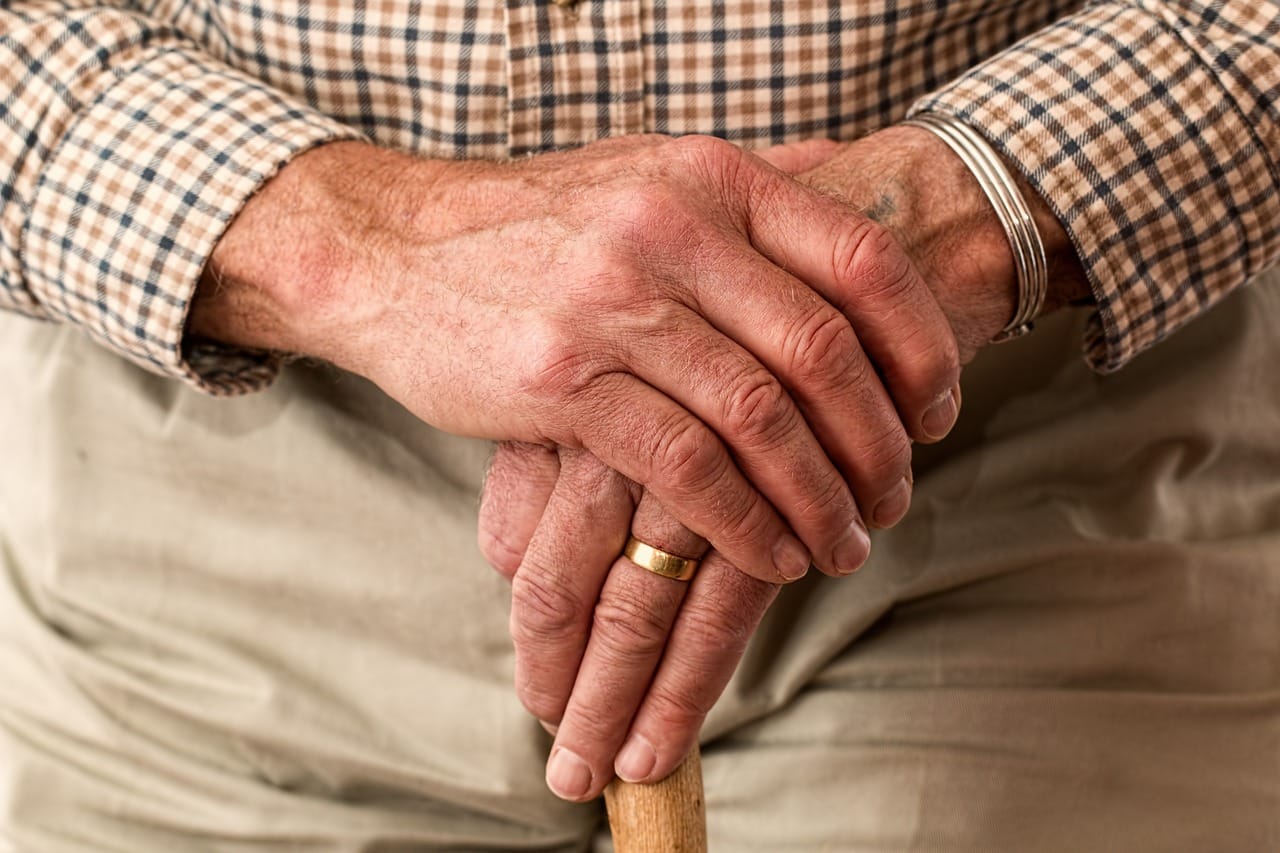Liverpool, like any other city, is unfortunately not immune to instances of care home negligence. When elderly loved ones are entrusted to the care of professionals, the expectation is that they will receive the highest standard of care, compassion, and dignity. However, when this trust is breached, and negligence occurs, the consequences can be devastating, both physically and emotionally. This comprehensive guide aims to shed light on care home negligence in Liverpool, the types of claims that can be made, the compensation process, and how to seek justice for those affected.
Understanding Care Home Negligence
Care home negligence encompasses a broad range of actions or inactions that fall below the accepted standard of care, causing harm or distress to residents. This can manifest in various ways, including:
- Physical abuse: This includes any form of violence, such as hitting, slapping, or inappropriate restraint.
- Neglect: Failure to provide basic needs like food, water, hygiene, or medication can lead to serious health complications.
- Emotional abuse: Verbal abuse, humiliation, or isolation can cause significant psychological distress.
- Financial abuse: Misappropriation of residents’ funds or property is a serious breach of trust.
- Medication errors: Wrong dosage, incorrect medication, or failure to administer medication can have severe consequences.
- Falls and accidents: Inadequate supervision or unsafe environments can lead to preventable injuries.
- Pressure sores: Failure to reposition bedridden residents regularly can result in painful and potentially life-threatening pressure sores.
Types of Care Home Negligence Claims
When pursuing a care home negligence claim in Liverpool, it is important to understand the different types of claims that can be made:
- Personal injury claims: These claims seek compensation for physical injuries sustained due to negligence, such as fractures, pressure sores, or infections.
- Neglect claims: These claims address the harm caused by a failure to provide adequate care, including malnutrition, dehydration, or emotional distress.
- Abuse claims: These claims seek justice for the physical, emotional, or financial abuse suffered by residents.
- Wrongful death claims: In tragic cases where negligence leads to the death of a resident, families can pursue compensation for their loss.
The Compensation Process
Navigating the compensation process for care home negligence claims can be complex, but it is crucial to seek legal advice from experienced professionals who specialise in this area. The process generally involves the following steps:
- Gathering evidence: This includes medical records, witness statements, photographs, and any other documentation that supports the claim.
- Establishing liability: Proving that the care home or its staff breached their duty of care and caused harm to the resident.
- Assessing damages: Calculating the financial and non-financial losses suffered due to the negligence, including medical expenses, pain and suffering, and loss of quality of life.
- Negotiating a settlement: Reaching an agreement with the care home’s insurance company or, if necessary, pursuing the claim through the courts.
Seeking Justice for Care Home Negligence Victims
If you or a loved one has suffered due to care home negligence in Liverpool, it is important to remember that you are not alone. There are resources and support available to help you seek justice and compensation. Here are some key steps to take:
- Report the abuse or neglect: Contact the care home management, local authorities, or the Care Quality Commission (CQC) to report any concerns.
- Seek medical attention: Ensure that any injuries or health issues are promptly addressed by a healthcare professional.
- Consult a solicitor: Seek legal advice from a specialist solicitor who can guide you through the claims process and protect your rights.
- Gather evidence: Collect any documentation or evidence that supports your claim, such as medical records, photographs, or witness statements.
- Be patient: The legal process can take time, but remain persistent and focused on seeking justice for yourself or your loved one.
Making a Personal Injury Claim with National Claims
At National Claims, we understand the devastating impact that negligence can have on individuals and their families. Suppose you believe you or a loved one have suffered harm due to substandard care negligence, misdiagnosis, surgical errors, or any other form of negligence. In that case, we are here to help you seek the justice and compensation you deserve.
Free Consultation
We understand that every medical negligence case is unique, and we’re here to offer you a free, no-obligation consultation to discuss your specific situation. During this consultation, we’ll take the time to listen carefully to your experience, review any medical records you may have, and evaluate the potential strength of your claim.
*Customers pay up to 25% (incl. VAT) of the amount recovered towards solicitor costs and if you cancel outside your cooling off period, you may be charged a fee.
Contact us today to speak to one of our claims agents who will be able to help you get started on your claim.
Click below to see why we are one of the most trusted claims management companies in the UK.

We’re proud of our excellent customer reviews
We thrive on delivering exceptional service and ensuring our clients’ satisfaction. Don’t just take our word for it. Check out some of our independent reviews to see what our clients have to say.
Excellent

This firm is excellent, they sorted out my car pay out and injury claim very fast, they always communicate with you all the time.

My accident case was dealt with confidence and with great result of the outcome, especially James kept me informed all the time.

I was very impressed at the way my inquiry was treated. I was listened to attentively and everything I needed to know was explained to me.






